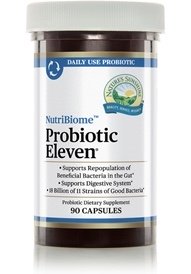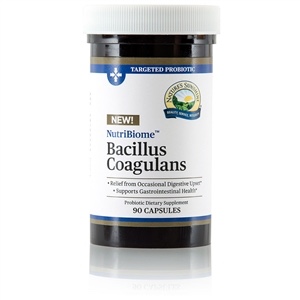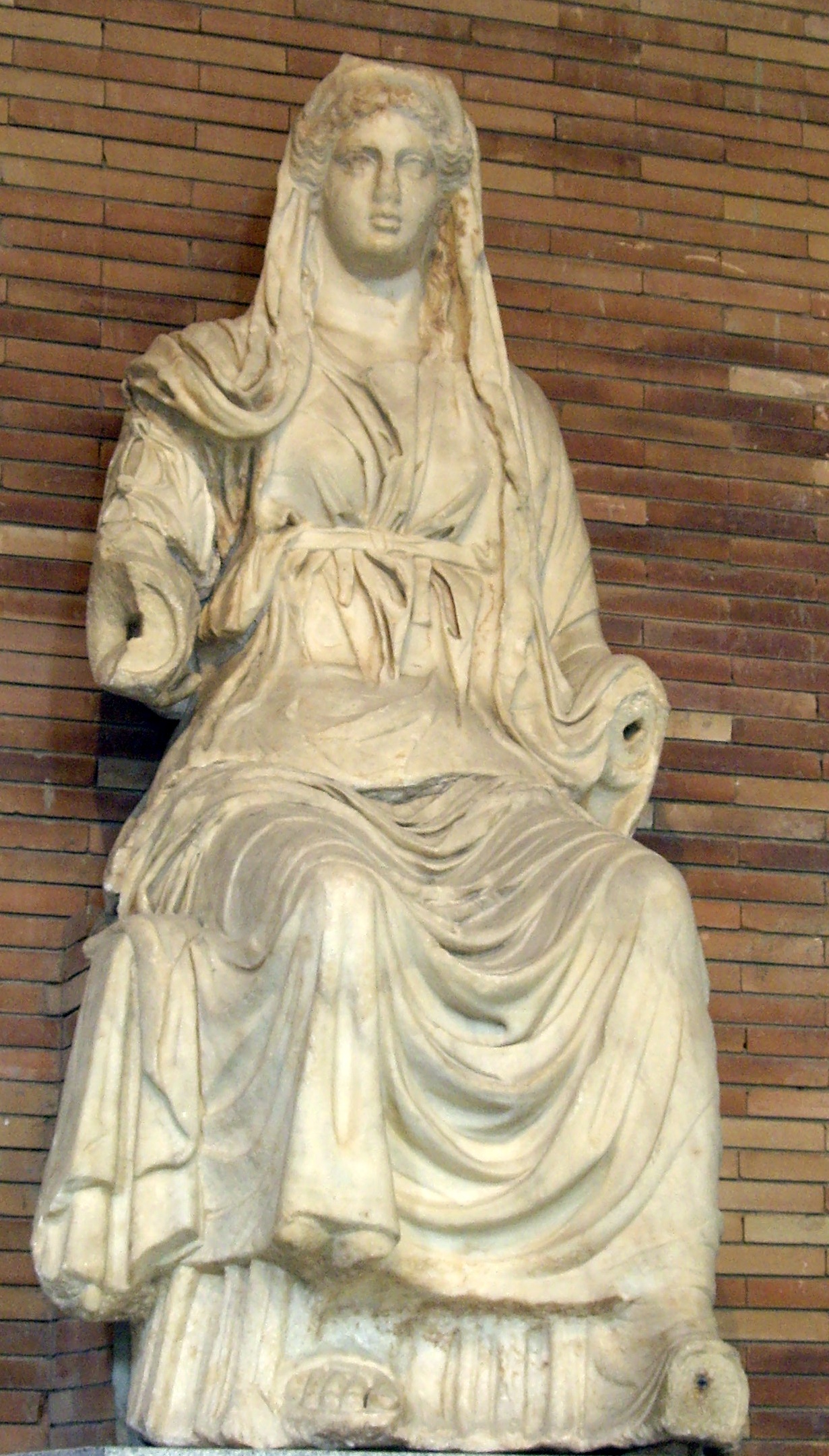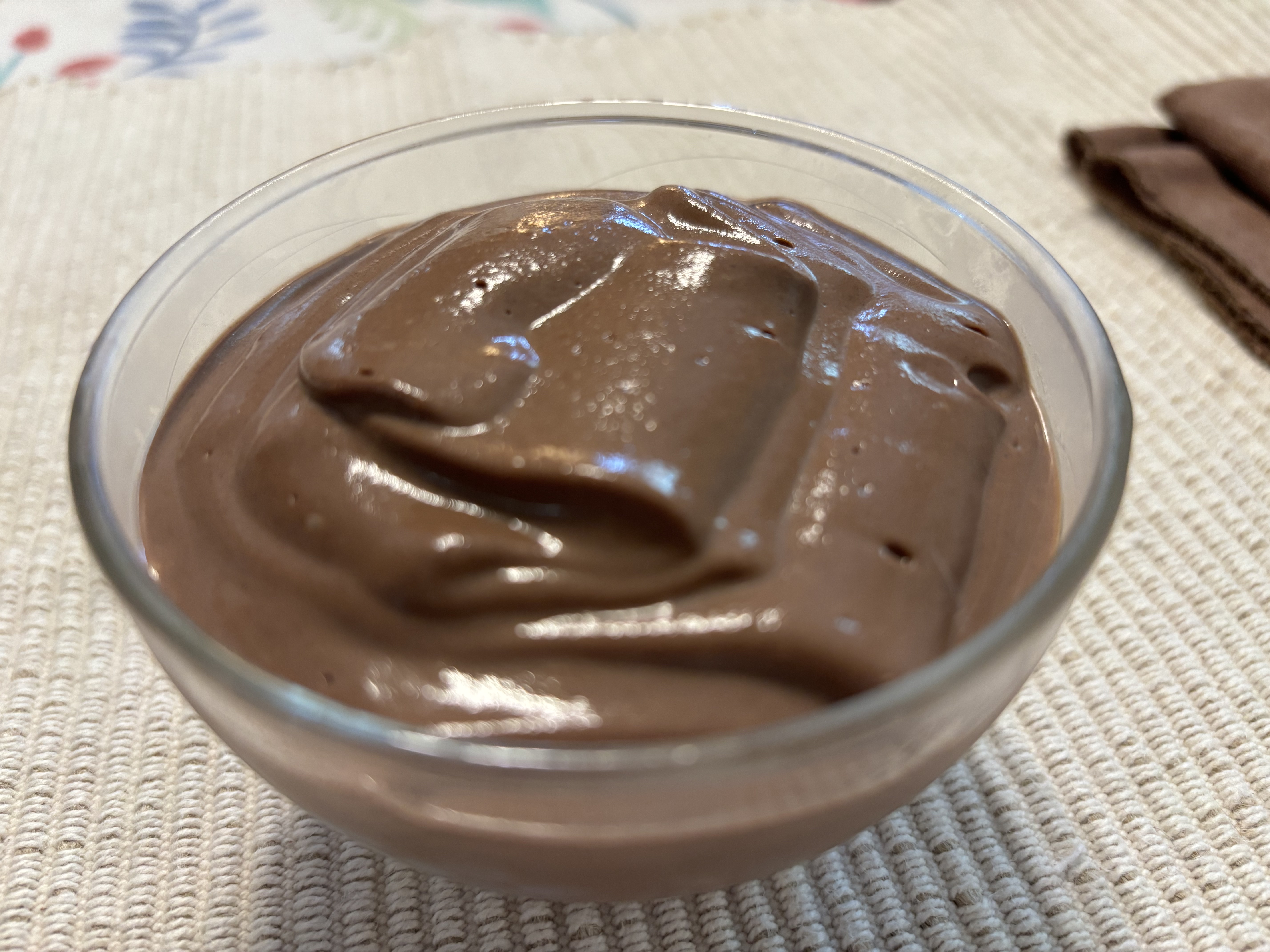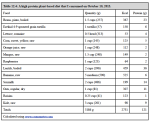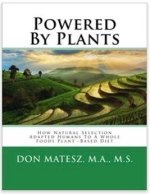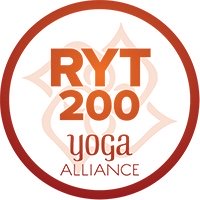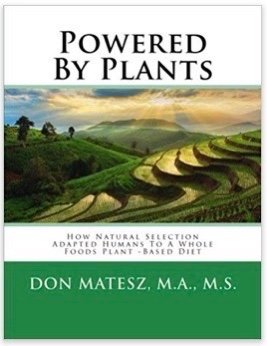Probiotics For Health and Strength
Probiotics are dietary supplements providing beneficial bacteria that are usual residents of the intestinal tract.
Some research indicates that probiotic supplementation may improve general health and the results obtained through a resistance training program.
Probiotics for skin health
People suffering with psoriasis have gut dysbiosis similar to inflammatory bowel disease, characterized by depletion of symbionts (Lactobacillus sp., Bifidobacterium sp. and Faecalibacteria sp.) and colonization by pathobionts (E. coli, Salmonella, H. pylori, Campylobacter sp., Mycobacterium). Supplementing with Lactobacillus and Bifidobacterium species has been shown to improve the skin condition in experimental animal studies of psoriasis and in clinical treatments of human patients, sometimes dramatically.1
Gut dysbiosis occurs in people suffering from other chronic skin conditions, and probiotic supplementation has also been found effective for acne and atopic dermatitis.20
Probiotics for metabolic and cardiovascular health
Probiotics may improve metabolic health and facilitate fat loss by reducing insulin resistance.2, 3
A systematic review and meta-analysis published in 2018 found that probiotic supplementation reduces blood pressure, LDL cholesterol, total cholesterol and triglycerides in type 2 diabetes patients compared with placebo.4
A 2019 meta-analysis concluded as follows:
|
“The detailed literature survey revealed that the consumption of probiotic supplementation significantly improved the overall health condition of diabetic patients. Especially, the probiotic intervention improved the fasting blood glucose, insulin sensitivity, and systemic inflammatory and antioxidant status in type 2 diabetic (T2D) patients. Moreover, improvement of gut microbial composition and prevention of bacterial translocation has also been observed in probiotic-supplemented T2D people.”5 |
Bacterial translocation refers to transfer of bacteria or endotoxin (lipopolysaccharide) from the gut into the blood and from there to other tissues. Inflammation resulting from endotoxin exposure appears to be a likely cause for androgen deficiency in men.6, 7, 8
Probiotics may restore youthful testicular function
Probiotics appear effective for reducing the inflammation that causes age-related decline in testicular function. Animal studies indicate that probiotic supplements can block inflammation, restore testicular function and boost testosterone, which in turn will reduce fat mass, increase lean mass, and improve mood and cognitive function for men of all ages.
|
Poutahidis et al observed that male mice that consumed lactic acid bacteria or probiotic yogurt had “unusually large testes and social dominance behaviors during obesity and cancer studies.” They then found that when male mice were given the probiotic Lactobacillus reuturi ATCC 6475 starting at 2 months, they were leaner and had larger testicles than mice given no probiotic or a control of non-pathogenic E. coli. |
Further study found that “mice eating L. reuteri had profoundly increased levels of circulating testosterone regardless of the type of diet they consumed.” The probiotic supplementation increased sperm concentration and activity, and rescued the mice from age-associated testicular atrophy. The team found the same effects when they blocked IL-17 production, indicating that the probiotic consumption had an anti-inflammatory effect.9
Probiotics may improve results of resistance training
Inoue and colleagues wanted to see if probiotic supplementation might improve the positive effects that resistance training can have on brain health and cognitive function of the elderly. They had 38 people aged 66-78 years perform a progressive resistance training program for 12 weeks. Half of the group was randomly and blindly assigned to also take a probiotic Bifidobacterium supplement, while the other half of the group took a placebo. At 12 weeks, the group supplemented with the probiotic improved more than the placebo group on the flanker test score (cognitive test), and also had a significant decrease in depression-anxiety score and body mass index, neither of which occurred in the placebo group.10
Lee and colleagues tested the ergogenic properties of a Bifidobacterium longum subspecies OLP-1 isolated from the intestinal microbiome of the gold medalist from the 2008 Beijing Olympics women’s 48 kg weightlifting competition. The strain was given orally for 4 weeks to mice. The mice given OLP-01 were found to have significantly reduced lactate, ammonia and creatine kinase levels, and significantly increased resting levels of both liver and muscular glycogen. Mice that received the probiotic also had signficantly greater grip strength and endurance capacity at the end of the 4 weeks, although the study did not include exercise training.11
|
Jager et al found that men supplemented with the probiotic Bacillus coagulans GBI-30 had less muscle damage and improved recovery after high volume eccentric-only resistance training.12 This particular strain has been also shown to improve protein absorption and utilization.13 |
Two other probiotics, Streptococcus thermophilus FP4 and Bifidobacterium breve BR03 have also been shown to reduce performance and range-of-motion decrements following muscle-damaging eccentric exercise.14
Chen and colleagues found that supplementing mice with Lactobacillus plantarum TWK10 (isolated from pickled cabbage) increased muscle mass, energy harvesting, grip strength, and endurance swimming time, while decreasing serum lactate, ammonia, creatine kinase and glucose after an acute exercise challenge.15 In a double-blind, placebo-controlled study, Huang et al found that L. plantarum TWK10 also improved exercise performance and muscle mass and decreased post-exercise fatigue factors (lactate, ammonia) and body fat in men and women who had no previous athletic background, and without any exercise training.16, 17
Georges and colleagues reported in a small pilot study that resistance-trained males who consumed a probiotic daily with a slow-digested protein (casein) showed a trend to a greater increase in vertical jump power and a beneficial effect on peak power and fat mass.18
Based on such evidence, the International Society of Sports Nutrition has concluded:
|
“Preclinical and early human research has shown potential probiotic benefits relevant to an athletic population that include improved body composition and lean body mass, normalizing age-related declines in testosterone levels, reductions in cortisol levels indicating improved responses to a physical or mental stressor, reduction of exercise-induced lactate, and increased neurotransmitter synthesis, cognition and mood.”19 |
Probiotics summary
I believe there is sufficient evidence to conclude that you may well improve your health and strength by eating probiotics-rich fermented foods – such as yogurt and kefir – and using a probiotics supplement daily. I personally have 1-2 pints of home-made whole milk yogurt daily, and use some fermented vegetables. In addition, I take a probiotics supplement that provides multiple strains of Lactobacilli and Bifidobacteria.
Although some beneficial effects of probiotics may be strain-specific, I am not certain one must consume every strain mentioned in this article to get the benefits found in the studies discussed. None of the studies I discussed proved that the benefits came only from the strain used in the study by comparing that strain with others. I believe many of the benefits come from general improvement of the microbiome, resulting in reduction of endotoxin exposure, and consequent anti-inflammatory effects. Nevertheless if you are looking for very specific effects, you may want to make sure the product you choose has strains reported to produce those specific effects.
|
This NOW brand probiotics supplement provides 10 different strains including 6 Lactobacillus strains (acidophilus, plantarum, casei, rhamnosus, paracasei, and salivarius), 3 Bifidobacterium strains (lactis, breve, and longum), and Streptococcus thermophilus. |
|
This Nature's Sunshine Probiotic Eleven provides eleven different strains, including 7 Lactobacillus strains (rhamnosus, acidophilus, brevis, bulgaricus, plantarum, casei, salivarius), 3 Bifidobacterium strains (bifidum, infantis, longum), and Streptococcus thermophilus. |
|
This NewRhythm product provides 20 different strains, including 11 Lactobacillus strains (rhamnosus, acidophilus, bulgaricus, plantarum, casei, paracasei, salivarius, crispatus, reuteri, helveticus, and gasseri), 5 Bifidobacterium strains (lactis, breve, adolescents, infantis, longum), 2 Pediococcus strains (acidilactici and pentosacceus), Lactococcus lactis, and Streptococcus thermophilus. This one includes organisms from all the strains mentioned in this article except the Bacillus coagulans (available from Nature's Sunshine). |
Notes
1. Alesa DI, Alshamrani HM, Alzahrani YA, et al. The role of gut microbiome in the pathogenesis of psoriasis and the therapeutic effects of probiotics. J Family Med Prim Care. 2019;8(11):3496–3503. Published 2019 Nov 15. doi:10.4103/jfmpc.jfmpc_709_19
2. Sabico S, Al-Mashharawi A, Al-Daghri NM, et al. Effects of a multi-strain probiotic supplement for 12 weeks in circulating endotoxin levels and cardiometabolic profiles of medication naïve T2DM patients: a randomized clinical trial. J Transl Med. 2017;15(1):249. Published 2017 Dec 11. doi:10.1186/s12967-017-1354-x
3. Sabico S, Al-Mashharawi A, Al-Daghri NM, Wani K, Amer OE, Hussain DS, AhmedAnsari MG, Masoud MS, Alokail MS, McTernan PG. Effects of a 6-month multi-strain probiotics supplementation in endotoxemic, inflammatory and cardiometabolic status of T2DM patients: A randomized, double-blind, placebo-controlled trial. Clin Nutr. 2019 Aug;38(4):1561-1569. doi: 10.1016/j.clnu.2018.08.009. Epub 2018 Aug 17. PubMed PMID: 30170781.
4. Hendijani F, Akbari V. Probiotic supplementation for management of cardiovascular risk factors in adults with type II diabetes: A systematic review and meta-analysis. Clin Nutr. 2018 Apr;37(2):532-541. doi:10.1016/j.clnu.2017.02.015. Epub 2017 Feb 24. PubMed PMID: 28318686.
5. Kesika P, Sivamaruthi BS, Chaiyasut C. Do Probiotics Improve the Health Status of Individuals with Diabetes Mellitus? A Review on Outcomes of Clinical Trials. Biomed Res Int. 2019;2019:1531567. Published 2019 Dec 14. doi:10.1155/2019/1531567
6. Tremellen K, McPhee N, Pearce K, Benson S, Schedlowski M, Engler H. Endotoxin-initiated inflammation reduces testosterone production in men of reproductive age. Am J Physiol Endocrinol Metab. 2018;314(3):E206–E213. doi:10.1152/ajpendo.00279.2017
7. Tremellen K, McPhee N, Pearce K. Metabolic endotoxaemia related inflammation is associated with hypogonadism in overweight men. Basic Clin Androl. 2017;27:5. Published 2017 Mar 8. doi:10.1186/s12610-017-0049-8
8. Tremellen K. Gut Endotoxin Leading to a Decline IN Gonadal function (GELDING) - a novel theory for the development of late onset hypogonadism in obese men. Basic Clin Androl. 2016;26:7. Published 2016 Jun 22. doi:10.1186/s12610-016-0034-7
9. Poutahidis T, Springer A, Levkovich T, et al. Probiotic microbes sustain youthful serum testosterone levels and testicular size in aging mice. PLoS One. 2014;9(1):e84877. Published 2014 Jan 2. doi:10.1371/journal.pone.0084877
10. Inoue T, Kobayashi Y, Mori N, et al. Effect of combined bifidobacteria supplementation and resistance training on cognitive function, body composition and bowel habits of healthy elderly subjects. Benef Microbes. 2018 Dec 7;9(6):843-853. doi: 10.3920/BM2017.0193. Epub 2018 Sep 10. PubMed PMID: 30198326
11. Lee M, Hsu Y, Chuang H, et al. In Vivo Ergogenic Properties of the Bifidobacterium longum OLP-01 Isolated from a Weightlifting Gold Medalist. Nutrients 2019;11(9):2003. https://doi.org/10.3390/nu11092003
12. Jäger R, Shields KA, Lowery RP, et al. Probiotic Bacillus coagulans GBI-30, 6086 reduces exercise-induced muscle damage and increases recovery. PeerJ. 2016;4:e2276. Published 2016 Jul 21. doi:10.7717/peerj.2276
13. Jäger R, Purpura M, Farmer S, Cash HA, Keller D. Probiotic Bacillus coagulans GBI-30, 6086 Improves Protein Absorption and Utilization. Probiotics Antimicrob Proteins. 2018;10(4):611–615. doi:10.1007/s12602-017-9354-y
14. Jäger R, Purpura M, Stone JD, et al. Probiotic Streptococcus thermophilus FP4 and Bifidobacterium breve BR03 Supplementation Attenuates Performance and Range-of-Motion Decrements Following Muscle Damaging Exercise. Nutrients. 2016;8(10):642. Published 2016 Oct 14. doi:10.3390/nu8100642
15. Chen YM, Wei L, Chiu YS, et al. Lactobacillus plantarum TWK10 Supplementation Improves Exercise Performance and Increases Muscle Mass in Mice. Nutrients. 2016;8(4):205. Published 2016 Apr 7. doi:10.3390/nu8040205
16. Huang WC, Lee MC, Lee CC, et al. Effect of Lactobacillus plantarum TWK10 on Exercise Physiological Adaptation, Performance, and Body Composition in Healthy Humans. Nutrients. 2019;11(11):2836. Published 2019 Nov 19. doi:10.3390/nu11112836
17. Huang WC, Hsu YJ, Li H, et al. Effect of Lactobacillus Plantarum TWK10 on Improving Endurance Performance in Humans. Chin J Physiol. 2018 Jun;61(3):163-170. doi: 10.4077/CJP.2018.BAH587. PubMed PMID: 29962176.
18. Georges, J., Lowery, R., Yaman, G., Kerio, C., Ormes, J., McCleary, S., Sharp, M., Shields, K., Rauch, J., Silva, J., Arick, N., Purpura, M., Jäger, R., & Wilson, J. (2014). The effects of probiotic supplementation on lean body mass, strength, and power, and health indicators in resistance trained males: a pilot study. Journal of the International Society of Sports Nutrition, 11(1), 1-2.
19. Jäger R, Mohr AE, Carpenter KC, et al. International Society of Sports Nutrition Position Stand: Probiotics. J Int Soc Sports Nutr. 2019;16(1):62. Published 2019 Dec 21. doi:10.1186/s12970-019-0329-0
20. Salem I, Ramser A, Isham N, Ghannoum MA. The Gut Microbiome as a Major Regulator of the Gut-Skin Axis. Front Microbiol. 2018;9:1459. Published 2018 Jul 10. doi:10.3389/fmicb.2018.01459
Recent Articles
-
Ancient Roman Soldier Diet
Apr 14, 25 05:19 PM
A discussion of the ancient Roman soldier diet, its staple foods and nutritional value, and a vegan minimalist version. -
High Protein Chocolate Tofu Pudding
Jul 01, 24 12:41 PM
A delicious high protein chocolate tofu pudding. -
Vegan Macrobiotic Diet For Psoriasis
Sep 05, 23 06:36 PM
Vegan macrobiotic diet for psoriasis. My progress healing psoriasis with a vegan macrobiotic diet. -
How Every Disease Develops
Aug 04, 23 06:22 PM
How every disease develops over time, according to macrobiotic medicine. -
Why Do People Quit Being Vegan?
Jun 28, 23 08:04 PM
Why do people quit being vegan? How peer pressure and ego conspire against vegans. -
Powered By Plants
Mar 16, 23 08:01 PM
Powered By Plants is a book in which I have presented a lot of scientific evidence that humans are designed by Nature for a whole foods plant-based diet. -
Carnism Versus Libertarianism
Dec 30, 22 01:55 PM
Carnism Versus Libertarianism is an e-book demonstrating that carnism is in principle incompatible with libertarianism, voluntaryism, and anarchism. -
The Most Dangerous Superstition Book Review
Nov 15, 22 08:46 PM
Review of the book The Most Dangerous Superstition by Larken Rose.
